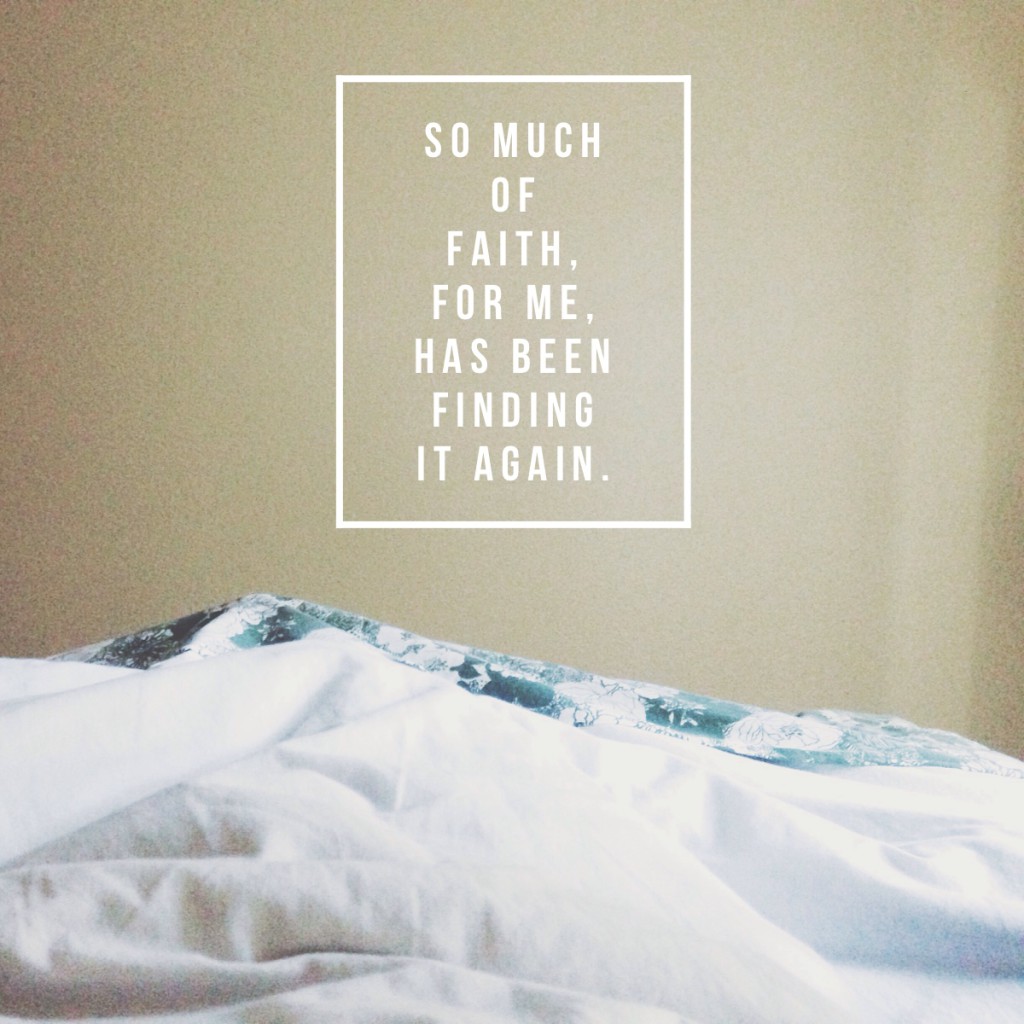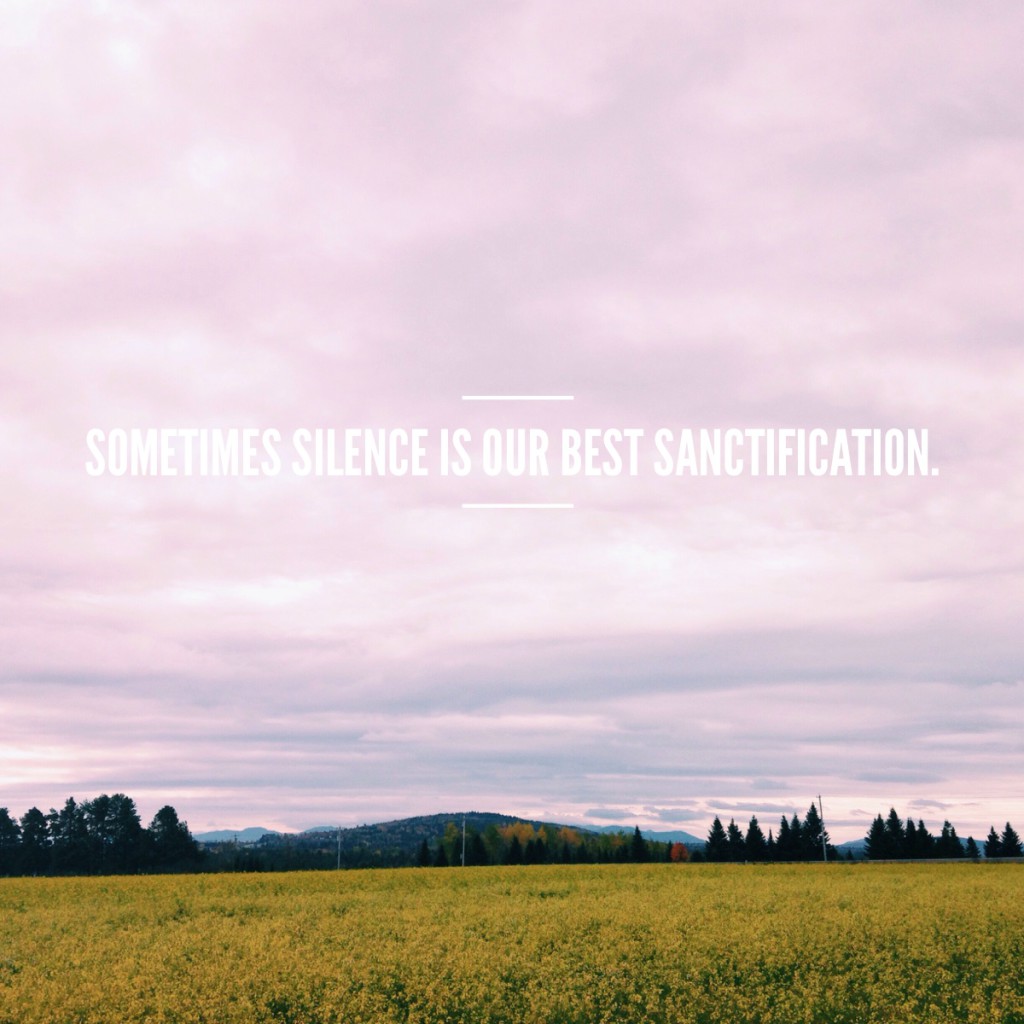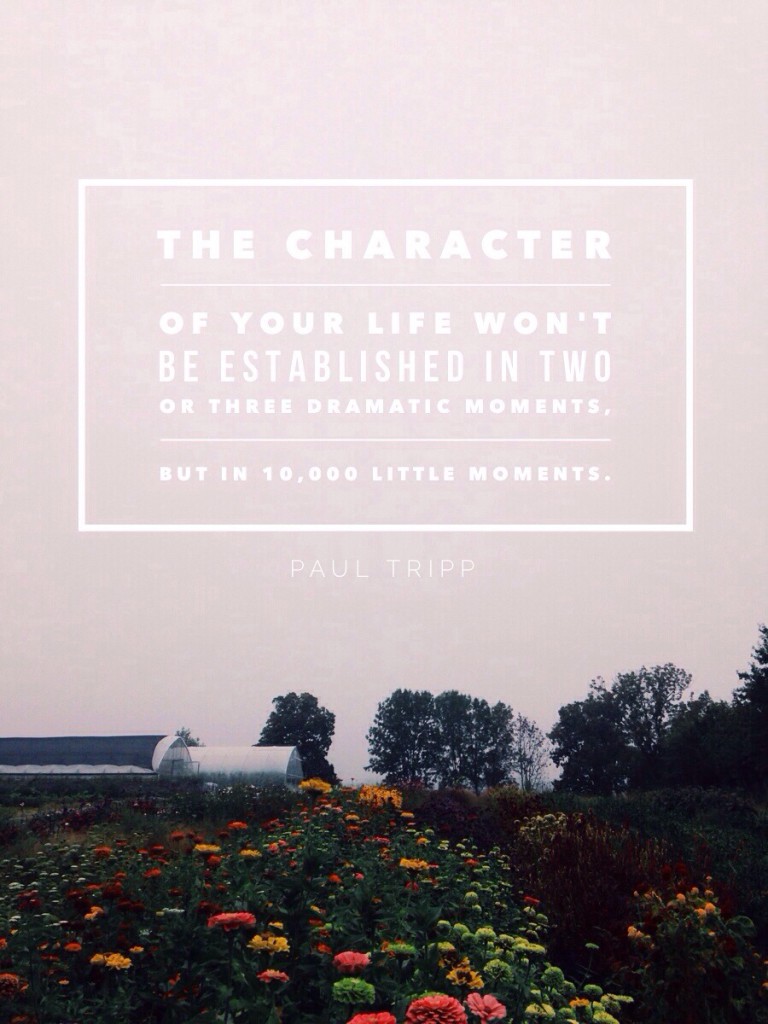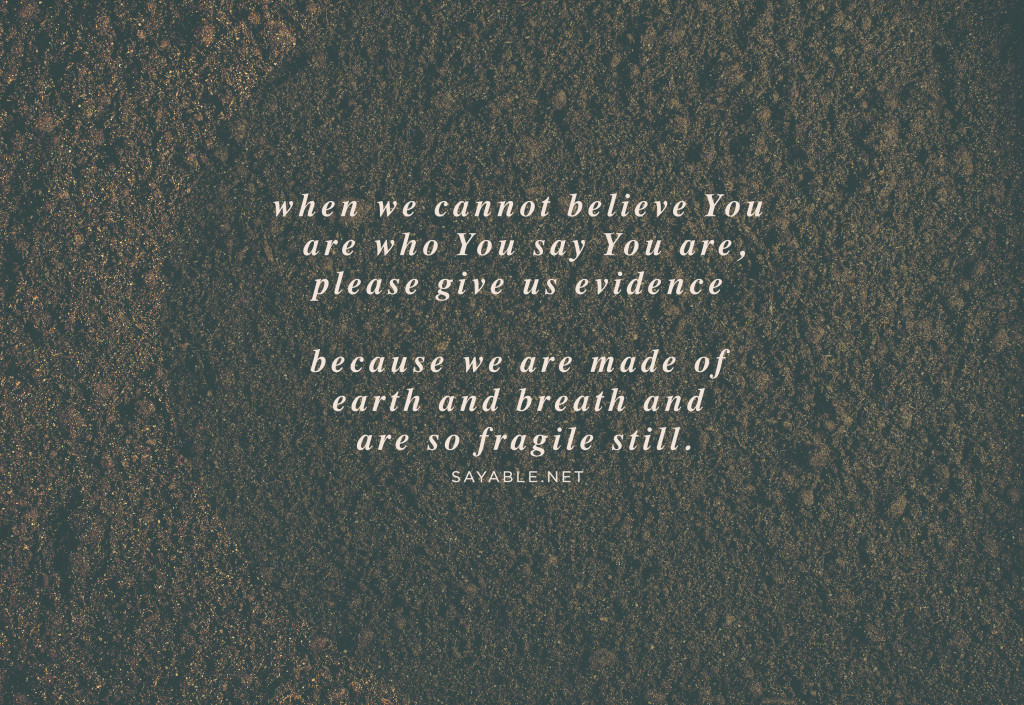While it is Still Called Today
In the morning, when the sky is still blushed pink and the babes have just scattered to their lives, I sit in the corner chair and read, drink my coffee slowly and breathe. All of this month it has been the book of Isaiah and I can't stop the tears when they come. The promise is overwhelming and I wonder what it was like to be the people who dwelt in darkness, deep darkness, waiting for their light to come. You and I know what it is to long for, to wait, but I wonder whether we have ever felt the heaviness, the belly of anticipation, like Jonah who could not know whether he would be there for three days or three years.
I am gauging out a timeline for something and I can only promise one year, maybe two, but the truth is, I can't see further ahead than one day, maybe two. Was this how Jonah felt while stomach acids corroded his hope? Making plans and feeling eaten away at all at the same time?
He must increase, I must decrease.
I wonder sometimes whether we who understand the decrease, also understand that God is not against blessing us with every good thing under heaven?
Did his people understand this when Isaiah spoke? This is not it, he says over and over, there is more to come. I would have grumbled and shown him the timeline of my life, of my father's life, and of his father's. "What is the more?" I would have asked, and I do, every day.
. . .
Two weeks ago I stand by the synagogue where Jesus read from Isaiah, rolled the scroll, and said, "Today this has been fulfilled in your presence." I think to myself, "I did not live in that today, but I live in this today and it has still been fulfilled in my presence."
This Advent I am full of today. The punctual rising and intermittent falling, the motions and the movements. Today is what I have right now, I cannot hold tomorrow, I can barely see into tomorrow, and I cannot gather enough of anything to sustain tomorrow. I have this. Today he has fulfilled his word in my presence—and that miracle itself is enough and does sustain and will fill.








